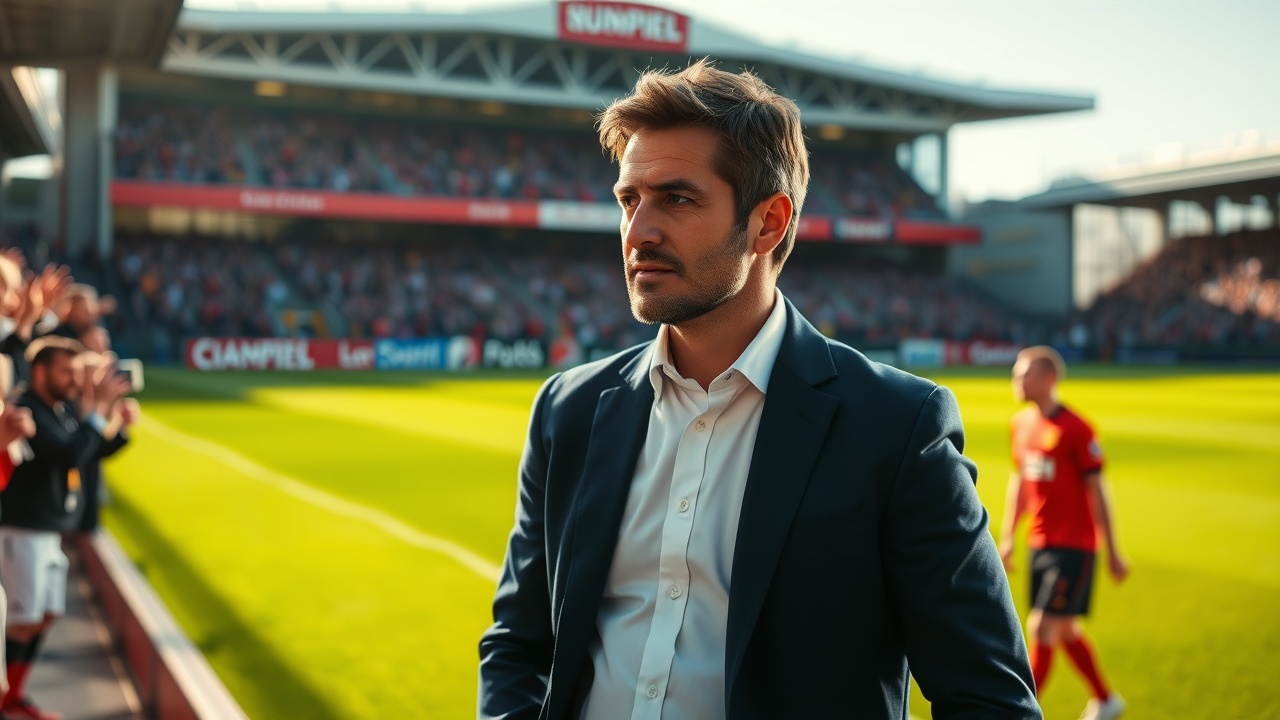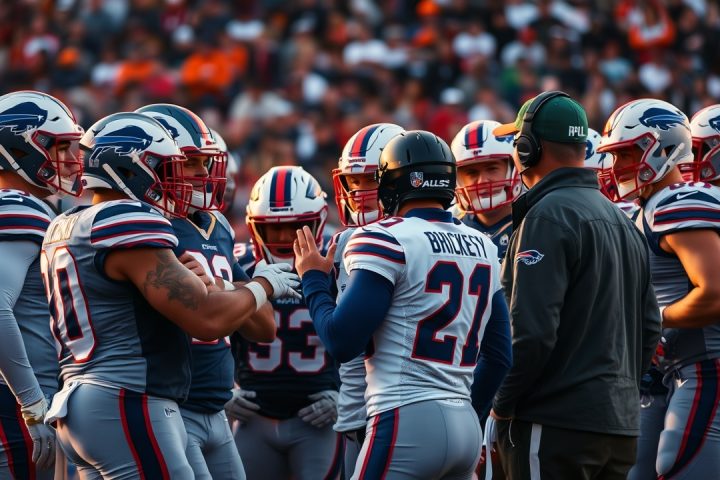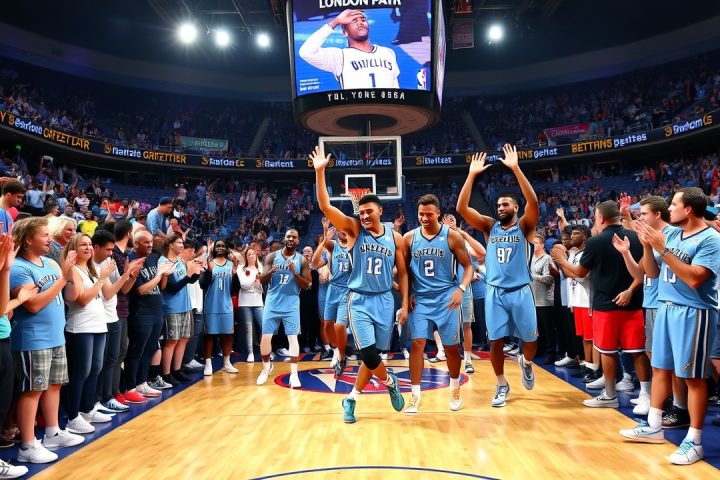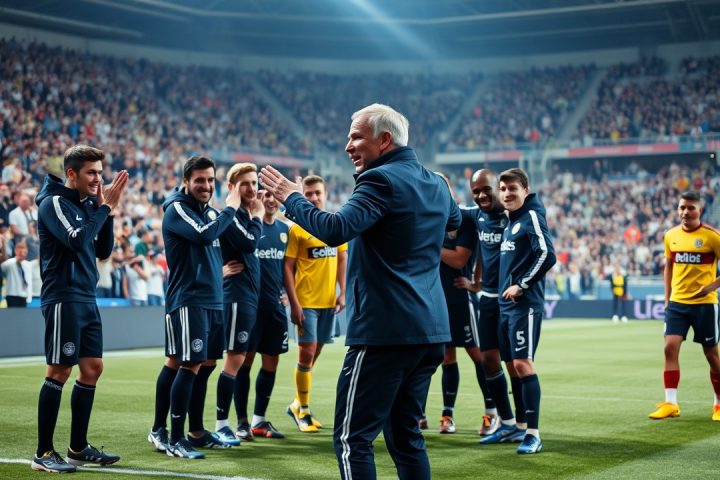Ruben Amorim’s Tenure at Manchester United
Ruben Amorim’s tenure at Manchester United began under a cloud of uncertainty, with his prediction about an impending storm disturbing the fanbase just nine months ago during a media session at Old Trafford. Reflecting on a previous season that he termed “a disaster,” the Portuguese manager’s outlook has brightened somewhat this season despite challenges persisting both on and off the pitch.
Challenges Ahead
Historically, November and December have been perilous months for United’s managers, with the last three—Erik ten Hag, Ole Gunnar Solskjaer, and Jose Mourinho—all parting ways with the club around this time. Amorim hopes to navigate the coming months successfully, as achieving positive results could help alleviate mounting pressure and keep him firmly in position during a critical period; a failure to do so might push the club into searching for yet another manager, marking the fifth permanent change in just nine years.
Summer Transfer Window Shake-Up
The summer transfer window brought a significant shake-up for United, where four key players were acquired, and nine first-team members exited the club. This overhaul was necessary following Amorim’s assessment of the squad’s limitations. The club’s data analysis highlighted scoring issues as a primary concern last season, prompting a shift in focus towards bolstering the attack. Major signings included Matheus Cunha, Bryan Mbeumo, and Benjamin Sesko, with the latter chosen for his youthful potential and favorable financial arrangement with RB Leipzig.
Although the recruitment of a goalkeeper was not initially prioritized, a last-minute agreement saw Senne Lammens join the club for £21.5 million on deadline day. This transfer was facilitated through the sales of several players, including Alejandro Garnacho to Chelsea and Antony to Real Betis, which collectively generated around £65 million. Despite his signing, Lammens enters a goalkeeping rotation already complicated by the performances of André Onana and Altay Bayindir. Amorim now has to contend with further uncertainty in the goalkeeping department, which would have been alleviated had a more established figure like Emiliano Martínez been brought on board as rumored.
Midfield Challenges
Additionally, Amorim faces challenges in midfield as the decision to skip securing a new midfielder this summer left the lineup somewhat unbalanced. While he possesses multiple attacking options—Cunha, Mbeumo, and even Mason Mount—overseeing two deep-lying midfielders is more complex. Currently, only Casemiro, Manuel Ugarte, and Kobbie Mainoo fit that role, leading to questions on who will maximally support the dynamic nature of Amorim’s tactical setup.
Performance Insights
The early weeks of the season have yielded varied performances for United, with a disheartening exit from the Carabao Cup being a low point. Despite these frustrations, statistical insights show promise; the team leads in expected goals while remaining competitive in total shots and offensive actions, indicating that while results may not reflect it, the underlying performance metrics suggest a team on the cusp of improvement.
Future Outlook
Amorim remains aware of his squad’s growing pains, knowing well that previous managers left Old Trafford without completing their projects due to insufficient transfers. Optimistically, the addition of younger talents marks a commitment to the club’s future vision. However, Amorim’s position remains precarious, as he attempts to solidify his squad’s performances against formidable opponents like Manchester City and Chelsea coming up.
Thus far, United’s leaders have communicated unwavering support for Amorim amidst growing unrest following their early season drops. The manager now faces the dual challenge of advancing his strategic vision while under the immediate pressure to secure results—hoping to stave off any impending storms over the months ahead.




